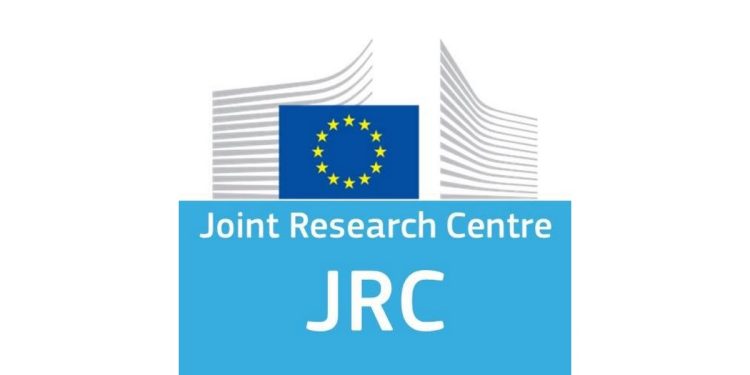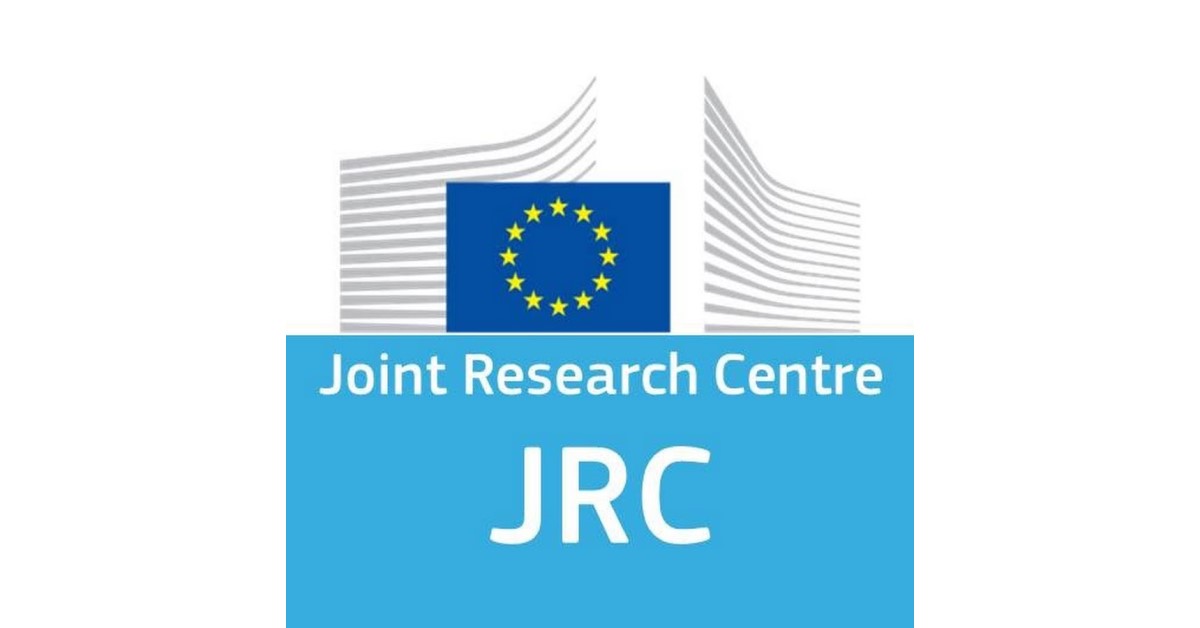The number of people battling acute hunger and suffering from malnutrition is on the rise again. The upheaval set in motion by the COVID-19 pandemic may push even more families and communities into deeper distress.
In 2019, over 135 million people in 55 countries faced a food crisis requiring urgent assistance, according to the freshly published Global Report on Food Crises 2020 of the Global Network against Food Crises.
The figure is the highest in the past four years. Over half of the affected population were in Africa.
The situation has since deteriorated in key conflict areas, notably in the Democratic Republic of the Congo and South Sudan, and remains extremely dire in Yemen.
The worsening droughts and economic shocks have led to increasing acute food insecurity in countries such as Haiti, Pakistan and Zimbabwe.
Yemen, the Democratic Republic of the Congo, Afghanistan, Venezuela, Ethiopia, South Sudan, Syrian Arab Republic, the Sudan, Nigeria and Haiti are the world’s 10 hungriest countries.
Together they are home to 88 million people and account for 65% of the total population affected by food crises according to the Integrated food security Phase Classification (IPC) and the Cadre Harmonisé (CH) frameworks.
In 2019, the growth and development of an estimated 75 million children was impaired by poor nutrition.
About 17 million children under 5 years of age were acutely malnourished.
Food-insecure countries most vulnerable to the health and socioeconomic impacts of COVID-19
The novel coronavirus disease (COVID-19) is having an unprecedented impact around the world, both in health and socioeconomic terms.
While COVID-19 does not discriminate, the most vulnerable to the consequences of this pandemic are the 55 countries and territories that are home to 135 million acutely food-insecure people in need of urgent humanitarian food and nutrition assistance.
They have very limited or no capacity at all to cope with the health and socioeconomic aspects of the shock.
Higher rates of underlying health conditions, including non-communicable diseases and malnutrition that weaken the immune system, are likely to increase the risk of people developing severe symptoms in these areas.
In addition, the pandemic may drive up acute food insecurity levels in countries that are dependent on food imports, oil exports, tourism and remittances for income.
Rising unemployment and decreasing purchasing power will have serious consequences for poor and vulnerable populations in countries already dealing with conflicts or ongoing economic and political turmoil.
Displaced people living in camps as well as the elderly, young children, pregnant and lactating women and the disabled are particularly vulnerable to the far-reaching impacts of this disease.
COVID-19 could also have negative effects on social and political stability, creating conditions for unrest especially in the countries most vulnerable to food crises.
Urgent need for coordinated action
To prevent tens of millions of people from succumbing to the virus or to its economic consequences, all actors need to mobilise and coordinate along a set of operational and strategic priorities.
The report identifies the following key areas of action:
- Accelerate efforts and hasten progress to tackle hunger’s root causes.
- Collect and share high-quality data to improve evidence on food security and nutrition.
- Make serious strategic investments in food security and resilience at the country and regional level.
- Tackle the recurrent issues that obstruct food security and adequate nutrition, and draw attention to the factors that drive food crises.
- Address people’s vulnerabilities before, during and after crisis with sustainable context-specific responses and solutions.
- Rethink food and agricultural systems so as to make them flexible and able to deliver food security and nutrition in a way that corresponds to the current realities.
- Recognise the importance of health, water, sanitation and hygiene (WASH) and social protection in food systems.
- Ensure people are the focus of structural changes.
JRC support to data analysis and intelligence
The JRC is part of the technical team that analyses the data of the report each year.
This year, given the unprecedented nature of the crisis, creating a better understanding of the potential impacts of COVID-19 on food security and related vulnerabilities is of paramount importance and urgency.
The Global Network against Food Crises will closely monitor the situation and strive to provide timely data, analyses and intelligence on the impact of COVID-19 on food security and nutrition.
The JRC will support the regular monitoring of the situation, including through the Integrated food security Phase Classification (IPC) and the Cadre Harmonisé (CH) frameworks.
The IPC is a global initiative that provides decision-makers with consensus-based food security and nutrition analysis.
The CH is a regional framework that aims to prevent food crises by quickly identifying affected populations and proffering appropriate measures to improve their food and nutrition security.
The Global Report on Food Crises is based on information provided by the IPC and CH.
About the Global Network
Launched by the European Union, the Food and Agriculture Organization of the United Nations (FAO) and the World Food Programme (WFP) in 2016, the Global Network against Food Crises seeks to better link, integrate and guide existing initiatives, partnerships, programmes and policy processes to address the root causes of food crises.
The Global Report on Food Crises is the flagship publication of the Global Network.
The JRC published the first Global Report on Food Crises in 2016 in collaboration with the European Commission’s DG for International Cooperation and Development (DG DEVCO).
Since then, the annual report has become an international multi-partner initiative under the Global Network against Food Crises.
Today, the Global Report on Food Crises 2020 is the result of a joint, consensus-based assessment of acute food insecurity situations around the world by 16 partner organisations.
Related Content
JRC report: Global analysis of food and nutrition security situation in food crisis hotspots (2016)
Report: 2020 Global report on food crises
O artigo foi publicado originalmente em JRC.




















































